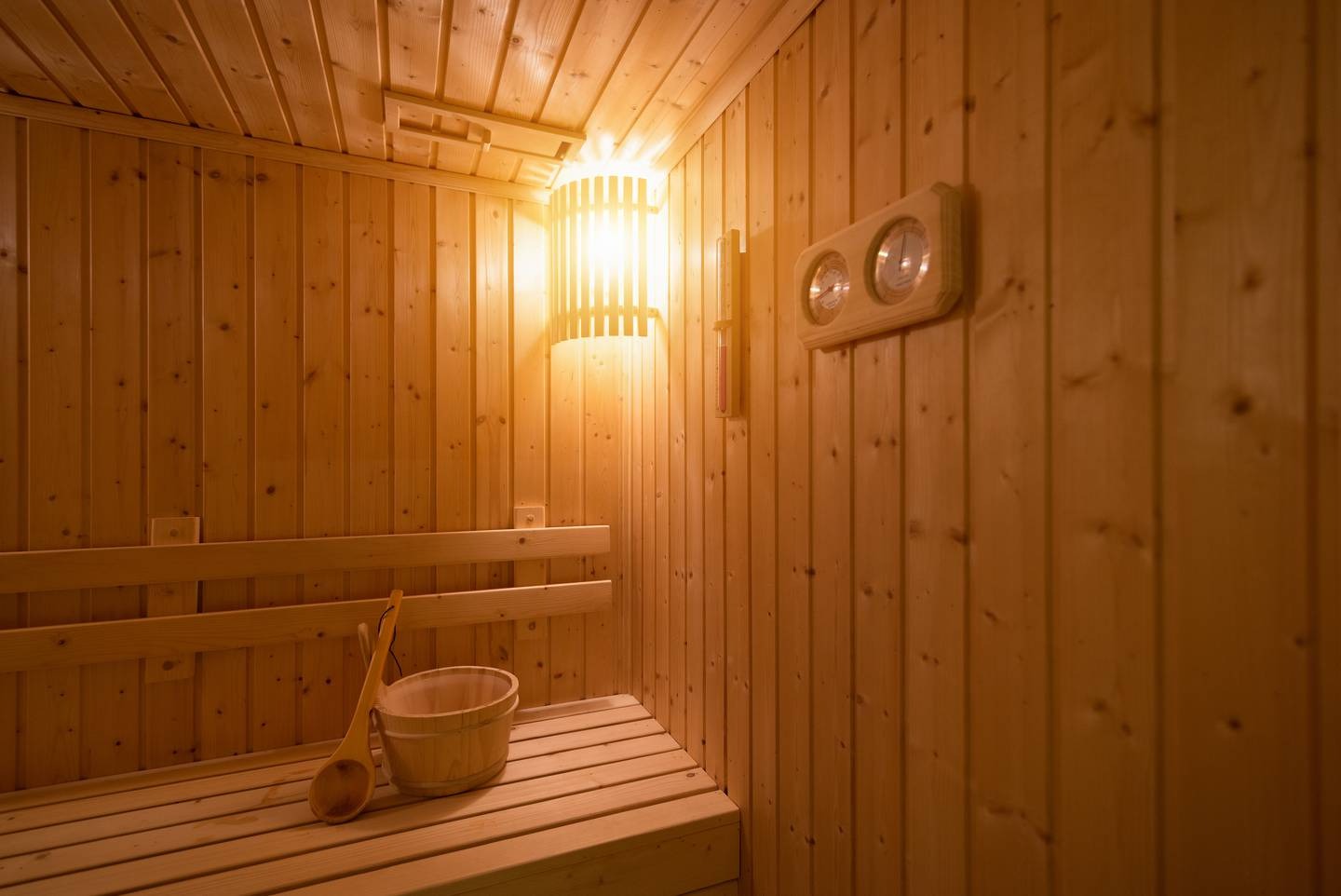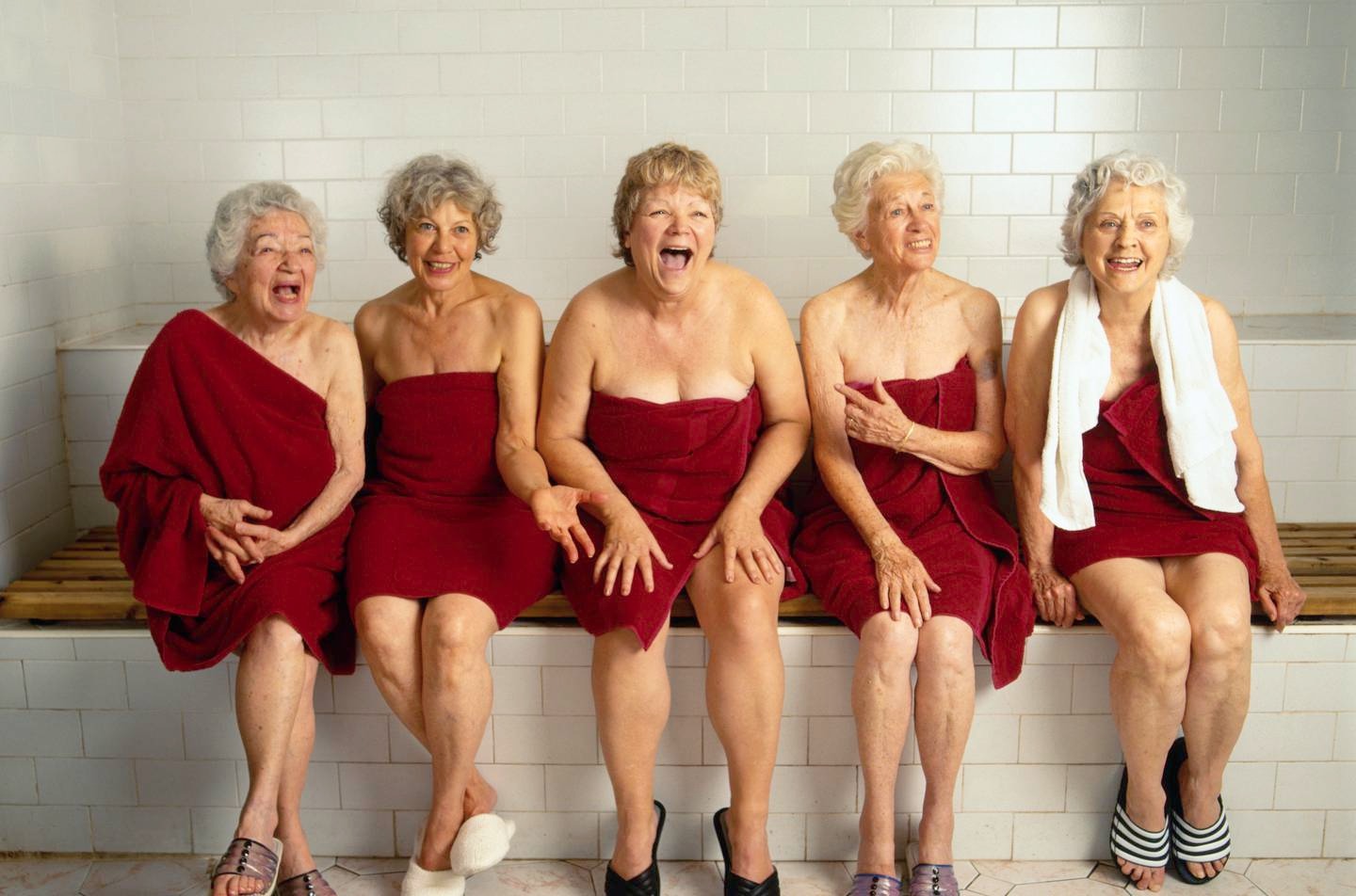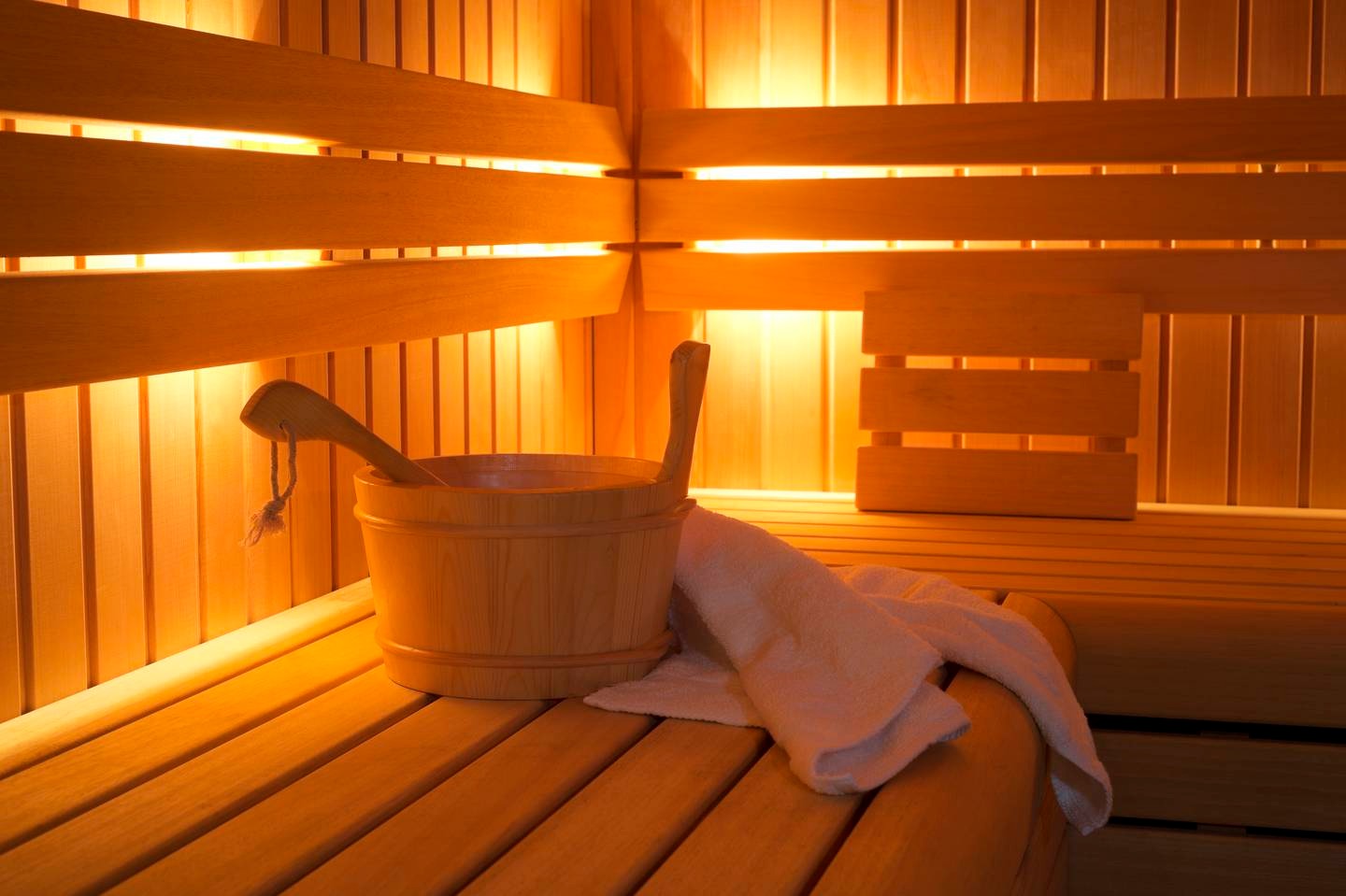Here's why saunas are good brain-boosters, strength-builders and can even treat dementia
- Publish Date
- Friday, 18 August 2023, 2:23PM

Heat therapy is relaxing and refreshing – and it could help to reduce your dementia risk. Photo / Getty Images
If you’ve ever sat enjoyably melting in a sauna or steam room, or laid in the steaming hot bath, you might want to pat yourself on the back for doing the next best thing to vigorous exercise. At last some good news.
Heat therapy is good for your health. We know that it improves blood glucose regulation, insulin resistance, inflammation and blood pressure. In fact, a 2018 review of 40 studies on sauna bathing all reported positive effects, with only one adverse outcome (on male sperm production, which was restored as soon as sauna bathing stopped and which in late middle age is really only a concern for the most priapic of billionaires).
Now leading researchers are looking into whether it could help both prevent and treat Alzheimer’s. The Alzheimer’s Society estimates the disease affects over 55 million people worldwide and that this number will rise to 139 million by 2050.
Treatment for dementia
Six years ago Professor Paige Geiger’s mother was diagnosed with Alzheimer’s Disease (AD). “There is no cure for Alzheimer’s, as you know,” she says. But, as a professor of molecular and integrative physiology at the University of Kansas Medical Centre, Geiger thinks heat could be used as a prevention tool for dementia.
“We think exercise benefits the brain, but the challenges of dementia make it harder to get the necessary amount of exercise. Heat therapy may be a good alternative to exercise, which could be easily adapted by older individuals at risk for dementia and AD, and could push back the incidence of AD by five years and cut the number of cases in half,” she says.
Her next study will look in detail at how heat works on the brain. “Heat therapy can improve blood and brain glucose metabolism in cognitively healthy older adults. The potential benefits of heat therapy on the brain might occur through lowered inflammation, improved protein stability – amyloid and tau proteins are known to clump and aggregate with Alzheimer’s – as well as improved mitochondrial [cell] function.”

In Scandinavia, links between sauna use and a reduced likelihood of dementia are widely recognised. One observational study in Finland spread over 20 years, compared middle-aged men who used the sauna once a week with those who used it 2-3 and 4-7 times per week, who had, respectively, a 21 per cent and 66 per cent lower risk for dementia.
For Alzheimer’s specifically, the risk was 20 per cent and 65 per cent lower. A large cohort study spread over 40 years found the best sauna duration and temperature associated with lower dementia risk were 5-14 minutes per session at a temperature between 80 and 99 °C.

Heat therapy to build strength
Deliberate heat exposure is not traditionally a British habit and its multiple benefits can come as a surprise. When Ann Precopé's son, Robert, became a partner in a Russian bathhouse in London she took the train down from her home in North Yorkshire to give this “banya thing” a whirl.
She enjoyed the experience but what surprised her was that afterwards, she took her two grandchildren out for the day. “I was always saying, ‘Slow down, it’s poor old Granny.’ I’m not that old, only 78 and a working farmer but I have osteoarthritis in my hands and feet. It’s painful. Things slip out of my hands, I struggle to open jars. I was resigned. A case of ‘Ah well, grin and bear it.’”

But after a session in the banya, “It was quite miraculous, I walked with my grandchildren from Buckingham Palace to Big Ben and on to Borough Market. There’s no question about it, it doesn’t last forever, but for about six hours after I have a sauna I feel I could run a marathon”.
Like exercise, heat impacts all the systems in the body. The increased heart rate strengthens the cardiovascular and immune systems; studies show it lowers the risk of both sudden heart attacks and chronic cardiovascular disease.
As is often the case with these lifestyle interventions currently being considered as rational alternatives or an adjunct to medication, heat’s therapeutic use dates back to the ancients, and features in the first written medical records from the Fourth Dynasty in Egypt.

“Give me the power to produce fever and I will cure all diseases,” said Parmenides, the 5th century BC Greek philosopher. Using the thermae and balneae were both a regular medicinal and social part of daily life in Ancient Rome. As Prof Geiger says, “People are looking for the latest, greatest tech but I think the ancients had some insights.”
In 1779, William Tooke, an English doctor and fellow of the Royal Society observed, “Quite often Russians use banya instead of medicine… there is no doubt that this is a key to their great health and long lives.”
Metabolic scientist Dr Susanna Soeberg agrees: “There is such a weight of research now, going back to 1936, that we can say for certain that, done in a healthy way, heat is so effective at lowering inflammation that doctors should be prescribing it.”
Sign up to Coast's newsletter for exclusive prizes and to keep updated with the latest.
She has developed a science-based programme of deliberate heat and cold exposure, which she calls the Thermalist Cure – using the minimum threshold for cold and heat exposure for health benefits. “
As a scientist, I was always interested in how we can prevent and treat metabolic diseases with cold and heat exposure. These once unfashionable subjects, like heat, cold and psychedelics are coming back to light.”
Geiger is keen to clarify that anyone with health risks should speak to a doctor first and start using heat therapy gently. While clinical testing often involves high temperatures, she says, “we will eventually get to a point where we can prove even warm baths are beneficial”.
At last, a health trend we can get behind. If only we could swap our beloved pavement prints for a social sweat in a public banya or sauna as has happened in Scandinavia and Russia for centuries then we would be doing our body, mind and stressed NHS a favour.
- Daily Telegraph UK
Take your Radio, Podcasts and Music with you

